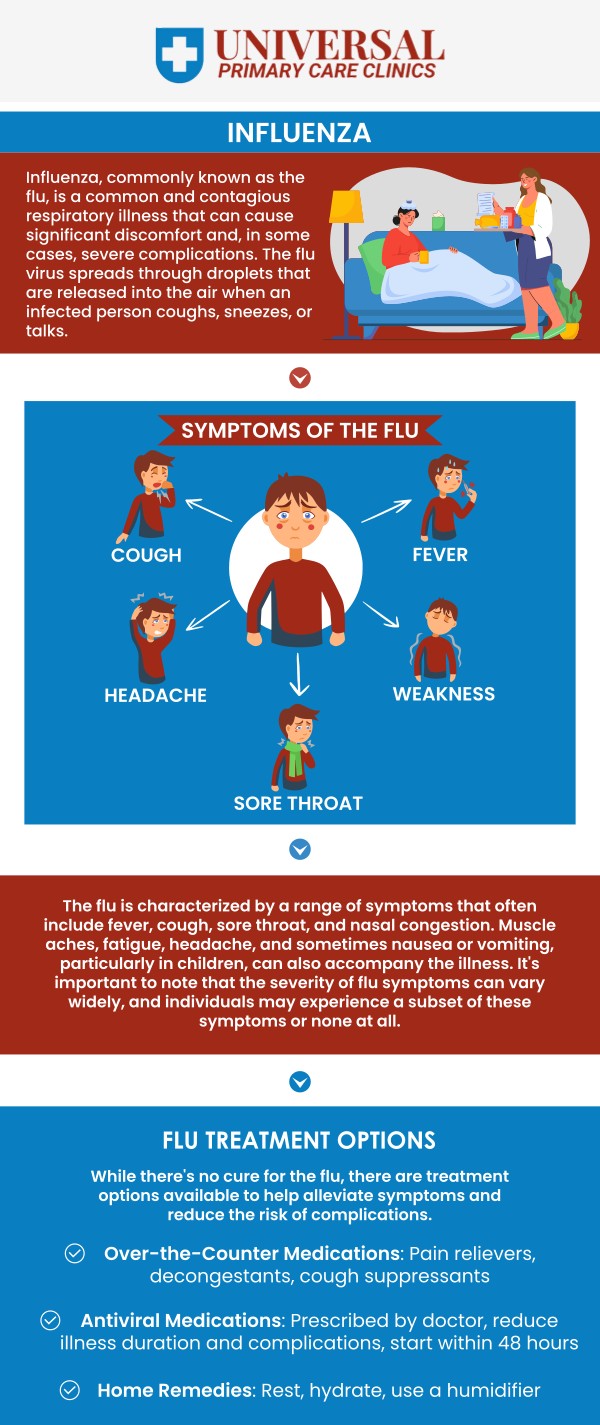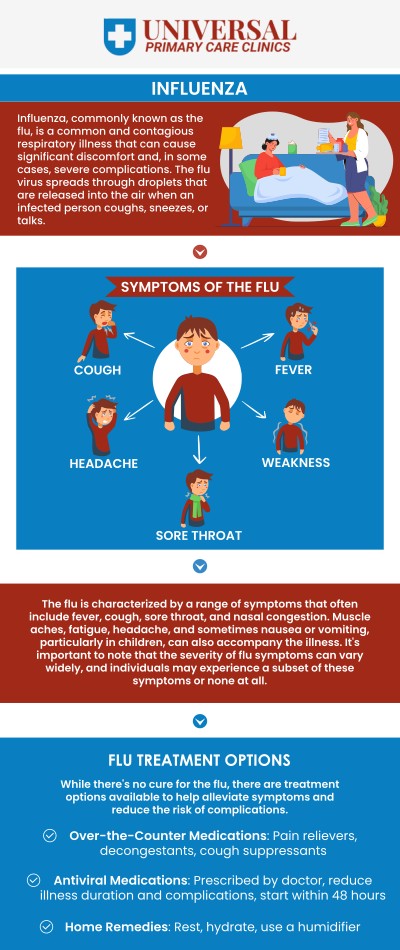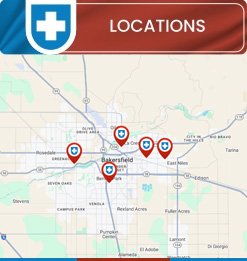How Long Does a Fever Last With the Flu
At Universal Primary Care, our team helps patients in Bakersfield, CA understand how long a fever lasts with the flu and what to expect during recovery. Typically, flu-related fevers last around 3 to 4 days but can vary based on individual health factors. We provide guidance on symptom management and when to seek further medical care. Count on our experts to support you through a safe and effective recovery. For more information, contact us or book an appointment online. We have convenient locations at Brimhall Primary Care Center, Ming Primary Care Clinic, Niles Primary Care Clinic, Universal Q-Street Primary Care, and Niles Family Medicine in Bakersfield, CA.


Check Out Our 5 Star Reviews



Additional Services You May Need
▸ Annual Physical Exam
▸ COVID-19 Testing
▸ Chronic Disease Management
▸ Vaccinations
▸ STD Testing
▸ Primary Care
▸ Influenza (Flu)
▸ Common Cold
▸ Asthma
▸ Medical Weight Loss
▸ Diabetes
▸ School Physicals Exam
▸ Sports Physicals
▸ EKG
▸ Geriatric Care
▸ View All Services


